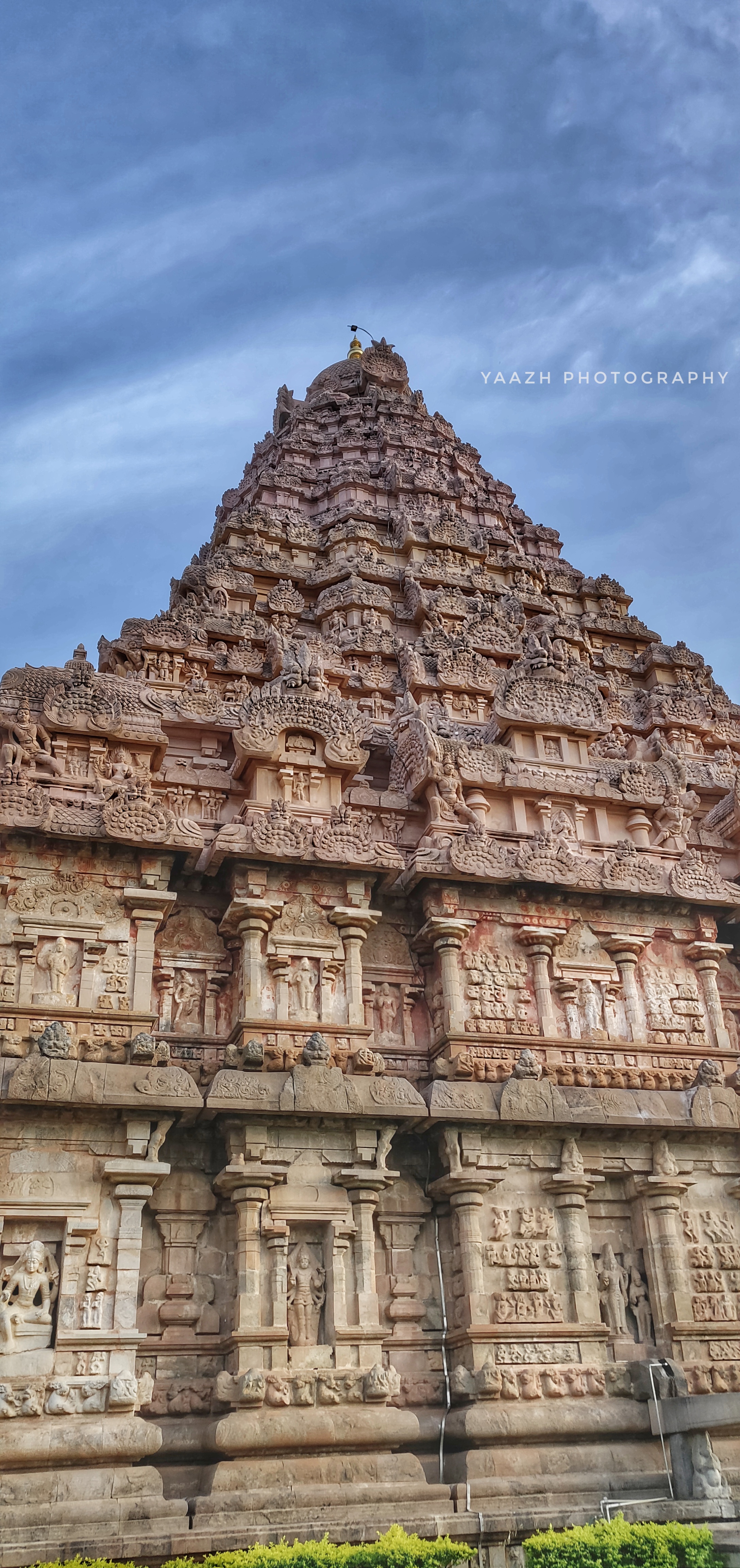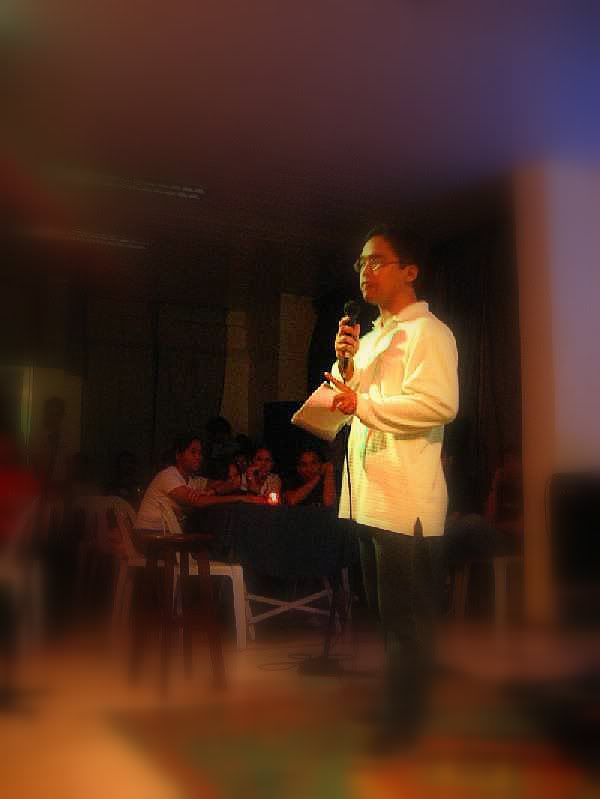 About 20 years ago, the American James Fallows visited the Philippines and got disturbed with what he found. According to Fallows, the Philippines is “a society that had degenerated into a war of every man against every man.” The Filipino’s reaction back then, upon reading Fallows, was to figuratively burn him at the stake, but recent critical reviews have started to reconsider the knee-jerk reactions to Fallows’ report.
About 20 years ago, the American James Fallows visited the Philippines and got disturbed with what he found. According to Fallows, the Philippines is “a society that had degenerated into a war of every man against every man.” The Filipino’s reaction back then, upon reading Fallows, was to figuratively burn him at the stake, but recent critical reviews have started to reconsider the knee-jerk reactions to Fallows’ report.
Fallows coined the term “damaged culture” – pertaining to the Filipinos’ attitude towards his fellowmen. He has observed that Filipinos do exceptionally well anywhere in the world – except in his own country. The Filipino is undoubtedly just as talented and as gifted as any American, Japanese, Korean or any other nationality, but somehow, we end up with a backwards country. As a European executive remarked, “You’re such a wonderful people. How did your country end up in such a mess?”
Fallows tries to answer the question with his observation:
"Individual Filipinos are at least as brave, kind and noble-spirited as individual Japanese, but their culture draws the boundaries of decent treatment much more narrowly. Because these boundaries are limited to the family or tribe, they exclude at any given moment 99 percent of the other people in the country. Because of this fragmentation, this lack of useful nationalism, people treat each other worse in the Philippines than in any other Asian country I have seen . . . the tradition of political corruption and cronyism, the extremes of wealth and poverty, the tribal fragmentation, the local élite's willingness to make a separate profitable peace with colonial powers - all reflect a feeble sense of national interest. Practically everything that is public in the Philippines seems neglected or abused."
We see this everywhere. Corrupt officials (not just politicians) are ready to take advantage of anyone to advance himself, if given the opportunity. Our people is engaged in voluntary diaspora. We're willing to screw anyone if it forwards our family's estate -- as if 'taking care' of our family excuses our atrocious acts. Our illustrados are willing to sell us to anyone willing to pay. It seems that we no longer believe in ourselves as a nation.
The author and publisher Franciso Sionil Jose once wrote:
"We are poor because we have lost our ethical moorings. We condone cronyism and corruption and we do not ostracize or punish the crooks in our midst. Both cronyism and corruption are wasteful but we allow their practice because our loyalty is to family or friend, not to the larger good . . . I am not looking for a foreign power for us to challenge. But we have a real and insidious enemy that we must vanquish, and this enemy is worse that the intransigence of any foreign power. We are our own enemy. And we must have the courage, the will, to change ourselves."
We are our own enemy. Our lack of belief in ourselves and our willingness to take advantage of any opportunity – even if it harms the greater society – has crippled our systems and ingrained corruption in our roots.
Ala Paredes thinks that our country is jam-packed with culture -- and I agree. Makulay ang buhay dito sa Pinas. But ours has a disease, a cancer eating our nation from the inside.
John calls me a racist because I seem inclined to antagonize Americans. I think this attitude was triggered by our people's long history of preference for the caucasians over our own countrymen. One time, I overheard an acquaintance, an old lady, speaking to her friend about her niece. Her niece had a boyfriend, but her family was pushing her to choose this foreigner whom the girl met only a week before. I couldn't stop myself, I had to ask, "You're pushing your niece to go for a guy you don't even know?" Her answer was emphatic - "Oo naman no! foreigner yun eh!" ("Of course! that's a foreigner!"). The sad part is, her friend readily agreed with her, and as I have heard this a thousand times before, I suspect most Filipinos would. We pimp ourselves without hesitation and think that's practicality.
I agree to John's label that I'm a racist -- but not because I'm against Americans or any other nationality foreign to us. What I abhor is how our people embrace these colonists, and how willing we are to hate our own. I have no issue with foreigners, or even with Filipinos who left our country for their own growth or to earn a living or whatever. My quarrel is with those who have readily given up on the Philippines (whether or not they stay here) and are so willing to screw everyone else for a few pennies. What I do believe in is that if we are going to stand for something or someone, we might as well stand for ourselves because sure as hell, no one else would do that for us.
If our country has any hope of recovering from this muck we are in, we must believe that we are worth fighting for. We must stand for the should-be-obvious fact that Filipinos -- our own countrymen -- deserve the same respect we so readily give to foreigners. If we have any hope that our nation could get better, we must first heal -- first believe that we are worth saving.
Only then, perhaps, can we start having this 'strong republic' the almighty in Malacañang is raving about.
* photo from fotosearch
 gave up on seeing it in print two weeks after i submitted it, but PDI's youngblood finally printed my article last Saturday. To my legions of fans (yes, that's you, mom), you could (re)-read the piece here.
gave up on seeing it in print two weeks after i submitted it, but PDI's youngblood finally printed my article last Saturday. To my legions of fans (yes, that's you, mom), you could (re)-read the piece here.






















